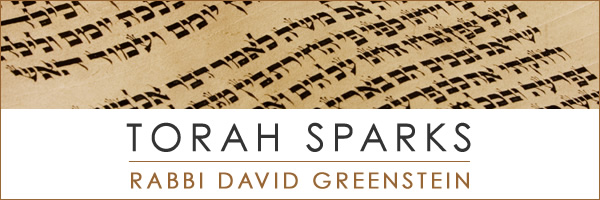Parashat Vayiqra/Shabbat Zakhor
Leviticus 1:1 – 5:26
In our time it seems that it is impossible to begin considering this book of the Torah without acknowledging its unappealing subject matter, the religious system of animal sacrifices. We recoil from the idea that holiness is connected with the mess of animal entrails and burning fat. After the destruction of the Temple in 70 CE we abandoned these rites. Thus, while Judaism incorporated extensive rituals and liturgies that reflect the sacrificial system, and that mourn the loss of the Temple, it nevertheless, through the courage and creativity of the Rabbis and others, developed and flourished without those sacrifices.
So the Torah’s central preoccupation with sacrifices is puzzling not only from our alienated, modernist perspective, but also in light of the glorious tradition that Judaism has developed without them.
What shall we make of the Torah’s concern? Sometimes it possible to better appreciate a problematic phenomenon when one delves more fully into the background of the phenomenon itself. It is almost as if one gambles that, by enhancing the acuteness of the problem, that some new understanding may emerge.
So, with that hope, I wish to exacerbate the question of the Torah’s embrace of sacrifices by placing it within the context set up by the Torah itself. The book of Leviticus opens with the marvelous statement: “And He called out to Moses, and the Eternal spoke to him from the Tent of meeting…” (Lev. 1:1)
The Mishkan is called here the “Tent of Meeting.” This is because, as God had promised numerous times when ordering the construction of the sanctuary, it was to be the place where God and Moses would meet. God would speak with Moses from the empty space between the outstretched wings of the cherubim that stood upon the Ark of the Covenant.
The image we conjure is one of mystic communion. The spiritual revelation would be experienced by Moses in the mysterious chamber of the Holy of Holies. At the very beginning of this Book of Sacrifices, the Torah tells us that she is very aware of the possibility of a religious encounter with God that needs no physical ritual, let alone a ritual of blood-letting and the burning of flesh. It is specifically in counterpoint to this image and this possibility that the Torah begins its long catalogue of sacrificial rites.
The Torah knows a religious path without sacrifices. Nevertheless, or, perhaps, precisely because it knows of that path, it insists – in the most material and even gross way – that we are required to serve God by means of blood and guts. By immediately following up on the image of God calling out to Moses with God’s instruction to Moses to teach the sacrificial system, the Torah may be saying that Moses’ way of disembodied communion with God is a great ideal, but it is too often unattainable, and is in principle not a sustainable model, for an entire people.
Our tradition has developed for two thousand years without the rituals of animal sacrifice. But it has always emphasized the requirement to accept the messiness of life and, instead of avoiding it, to take that messiness and sanctify it. The Torah’s mandate for sacrifices may serve to remind us always of the spiritual necessity to get our hands dirty.
Shabbat Shalom
Rabbi David Greenstein
- Toby Stein: In Memoriam - Thu, Feb 8, 2024
- Faithfulness and Hope: Parashat Sh’lach - Thu, Jun 23, 2022
- Past Their Prime: Parashat B’ha`a lot’kha - Thu, Jun 16, 2022

